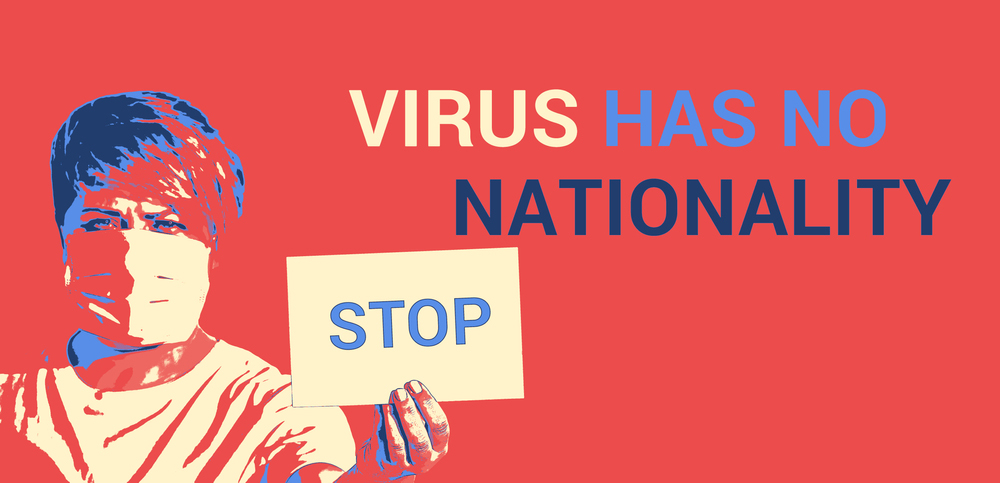Across the globe, there has been a surge in race-related hate incidents as a result of the COVID-19 pandemic. Such incidents include micro-aggressions, bullying, harassment, hate speech, and violence.

Preventive measures are imperative to counter similar racist and xenophobic incidents in the workplace as employees return to work in the coming months and should be part of a comprehensive operational plan for returning to work.
Racism on the Rise
According to Human Rights Watch, the COVID-19 pandemic is fueling racism and xenophobia worldwide. United Nations Secretary-General Antonio Guterres has said that “the pandemic continues to unleash a tsunami of hate and xenophobia, scapegoating and scare-mongering.… We must act now to strengthen the immunity of our societies against the virus of hate.”
Racist and xenophobic attacks have been anti-immigrant, anti-Semitic, anti-Muslim, and ageist, although anti-Asian attacks are most common. Advocacy groups such as Stop AAPI Hate and #washthehate have been formed to combat the racism and xenophobia experienced by many in the United States.
One of the objectives of these organizations has been to encourage and seek government funding for programs fighting bias. In the recent state budget approved in California, however, the requested funding was not granted.
Regardless of the availability of public antibias initiatives, employers would benefit from taking steps to counter racist and xenophobic sentiments as employees return to work. Especially if public funding is not granted, private employers will bear the burden of preventing hostile work environments and specific instances of discrimination, harassment, and bullying.
What Can Employers Do?
Employers have a legal obligation to thoroughly investigate all reported instances of discrimination, harassment, and bullying and must also discipline employees when appropriate. In order to maintain a productive workplace, employers should also take steps to prevent emerging forms of discrimination and xenophobia tailored to new and changing circumstances.
To ease tensions, prevent incidents, and ultimately help avoid lawsuits, employers could go beyond their preexisting antidiscrimination, harassment, and bullying policies and practices with additional training, messaging, and proactive attempts to establish a culture of respect and tolerance.
Employers could remind employees of antidiscrimination, harassment, and bullying policies; strengthen those policies and related practices; and educate workforces to overcome bias and encourage tolerance. This is especially important for supervisors and other employees with the authority to hire and terminate employees.
Such a multifaceted approach to this evolving issue could be implemented in conjunction with employees returning from furloughs, layoffs, and work-from-home arrangements to prevent incidents of racism and xenophobia and reestablish an inclusive workplace culture.
Failing to do so could result in allegations of discrimination, harassment, a hostile work environment, failure to prevent discrimination and harassment, and retaliation.
Britney Noelle Torres is a shareholder in Littler’s Sacramento office. She counsels organizations regarding diversity and inclusion considerations, from preliminary consultation and assessment through development of targeted, long-term initiatives. She customizes and delivers impactful trainings on all topics related to diversity and inclusion in order to improve employee engagement, innovation, and performance. She can be reached at btorres@littler.com.
